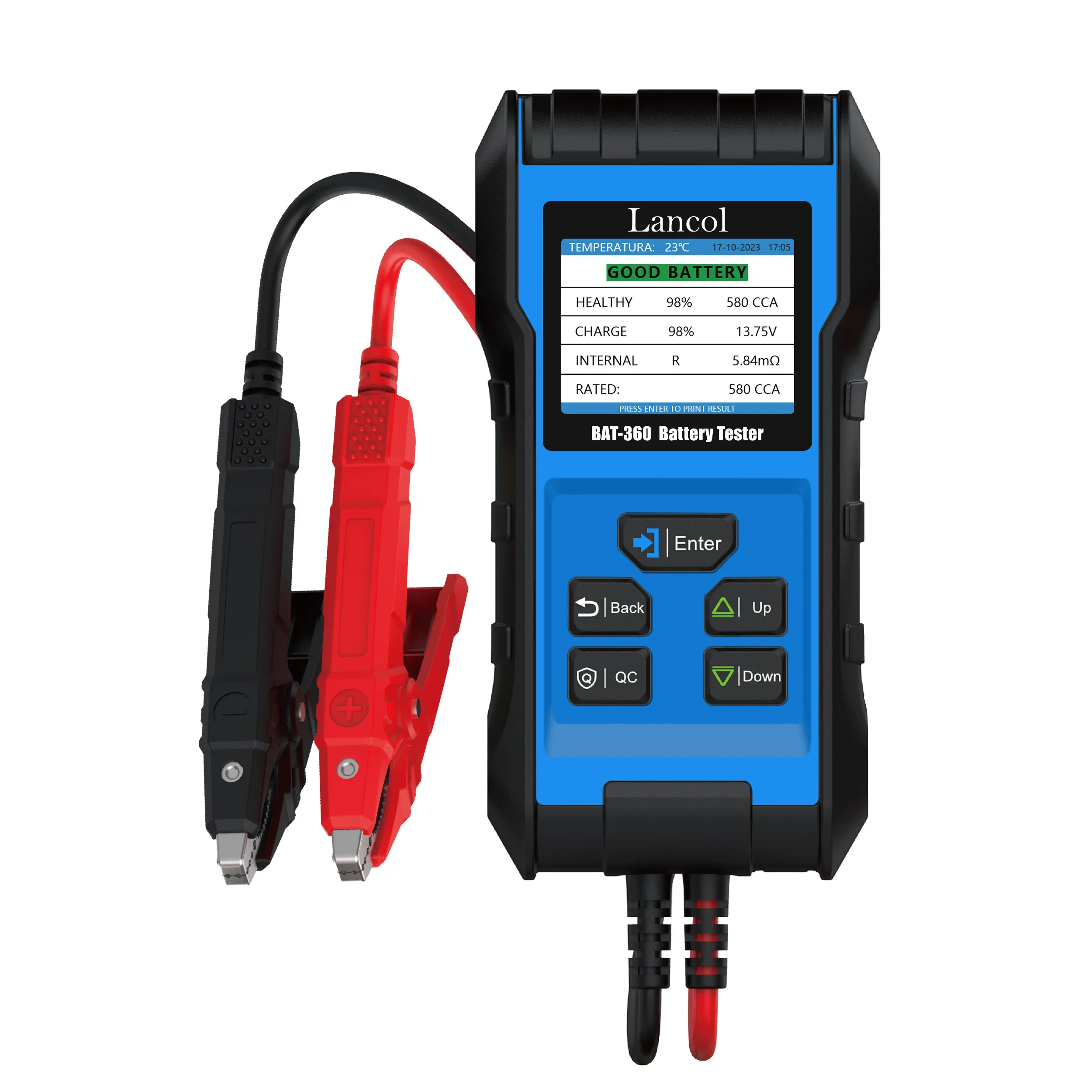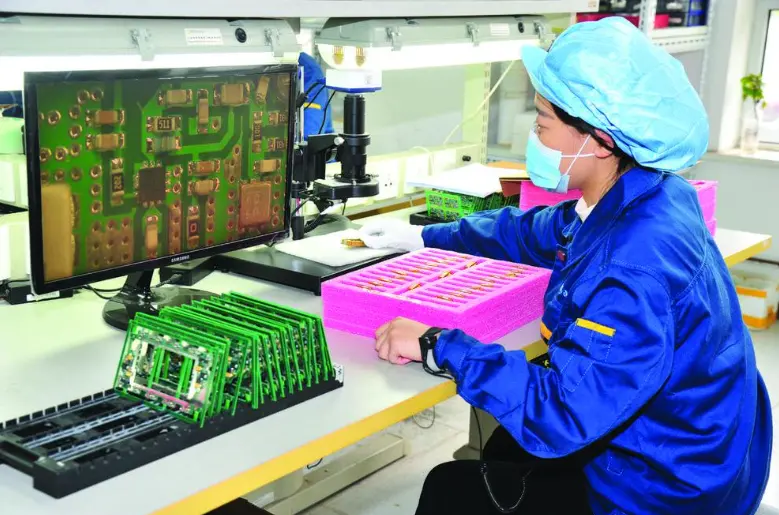Test standard for Automotive battery
Test standard for Automotive battery refers to a set of specifications and requirements for testing Automotive battery. These standards aim to ensure that batteries have good performance and reliability, and can meet the power needs of automobiles.
The following are some commonly used test standards for Automotive battery:
1. JIS standard: A standard developed by the Japanese Industrial Standardization Organization, which includes requirements for battery size, capacity, starting performance, and other aspects.
2. DIN standards: standards formulated by the German National Standardization Committee, including requirements on battery capacity, starting performance, charging characteristics, etc.
3. BCI standard: a standard formulated by the American Battery Commission, including requirements on battery size, capacity, starting performance, etc.
4. GB standards: standards formulated by the National Standardization Administration of China, including requirements on battery size, capacity, starting performance, etc.
These standards typically cover key parameters such as the physical size, voltage, capacity, starting performance, charging characteristics, and cycle life of batteries. By conducting tests that meet these standards, the quality and performance of batteries can be evaluated, ensuring their good reliability and safety under normal usage conditions.
Please note that the standards listed above are common standards, and different countries and regions may have slightly different standards and requirements.









